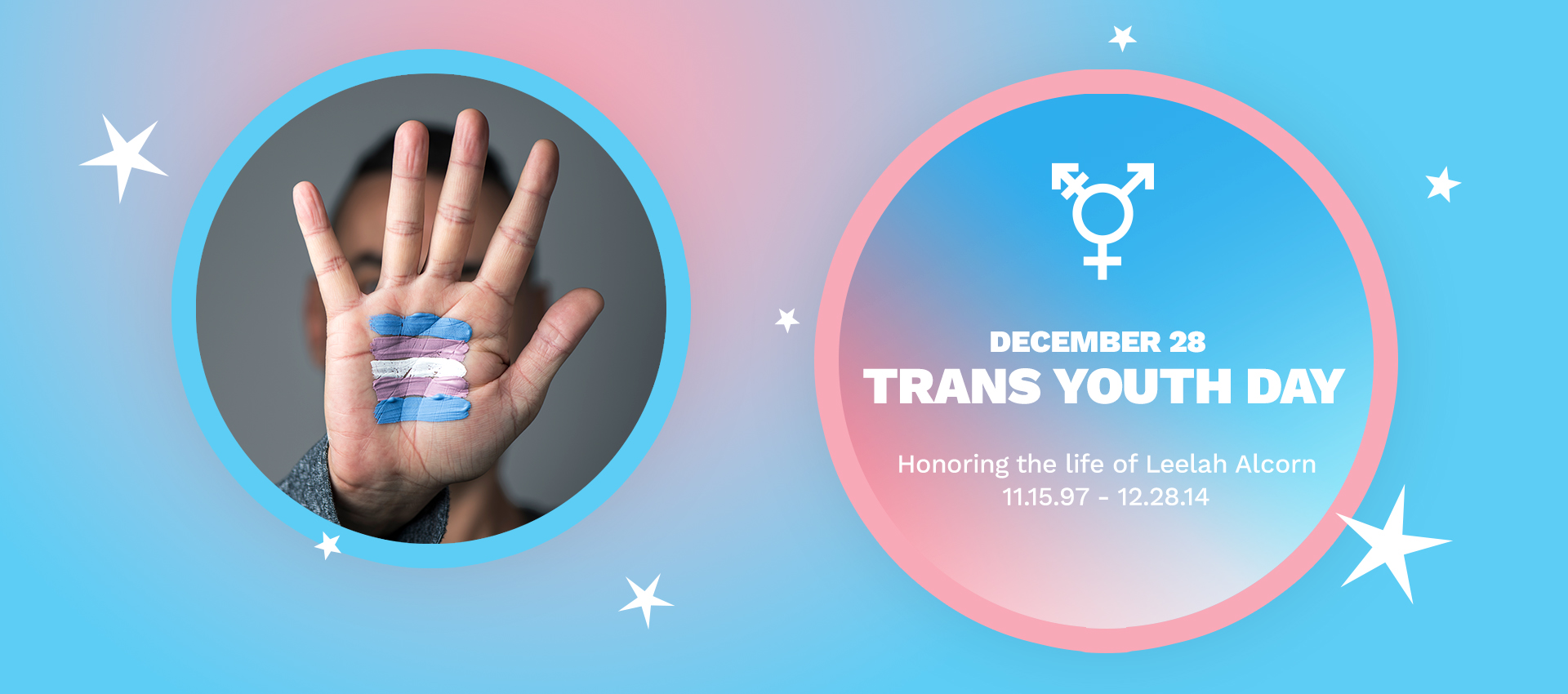Practice safe sex while social distancing.
There’s still a lot to learn about COVID-19 and sex as new information is shared every day. What is known about it is this: Coronavirus symptoms include fever, coughing or shortness of breath, and it can be passed to anyone within six feet of one another through coughing or sneezing.
COVID-19 can spread by having direct contact with a person who has virus symptoms through bodily fluids, like saliva. Since it can be spread through saliva, coronavirus can be passed through kissing. The virus has also been found in the feces of those infected.
However, it has not yet been found to spread through semen or vaginal fluid.
So Can I Have Sex?
Only have sex with a partner you’re typically around to help prevent the spread of coronavirus. If you usually meet your sex partners online, consider taking a break from in-person dates and try video dates, sexting or chat rooms.
At this time, your safest sex partner is you since masturbation won’t spread coronavirus. But remember to wash your hands and your sex toys with soap and water for at least 20 seconds before and after any sexual contact.
Best Practices to Stop the Spread of Coronavirus
Avoid kissing anyone who isn’t close to you or part of your everyday circle. Condoms and dental dams should be used to reduce contact with saliva or feces, especially during oral or anal sex.
Washing your hands often, before and after sex, with soap and water for at least 20 seconds is also important. You should also disinfect keyboards and touch screens that you share with others (for video chat, for watching pornography or anything else).
When to Skip Sex
- If you/your partner may have coronavirus symptoms — avoid sex and kissing since kissing can easily pass the virus.
- If you/your partner aren’t feeling well — you may be feeling symptoms of coronavirus, which include fever, cough or shortness of breath.
- If you/your partner has a medical condition — this can up your risk for experiencing severe virus symptoms. Medical conditions may include (but are not limited to) lung disease, heart disease, diabetes, cancer or a weakened immune system (for example: having unsuppressed HIV).
Take control of your body and help prevent the spread of coronavirus by checking out our blogs about practicing safe sex and protecting your reproductive health.



